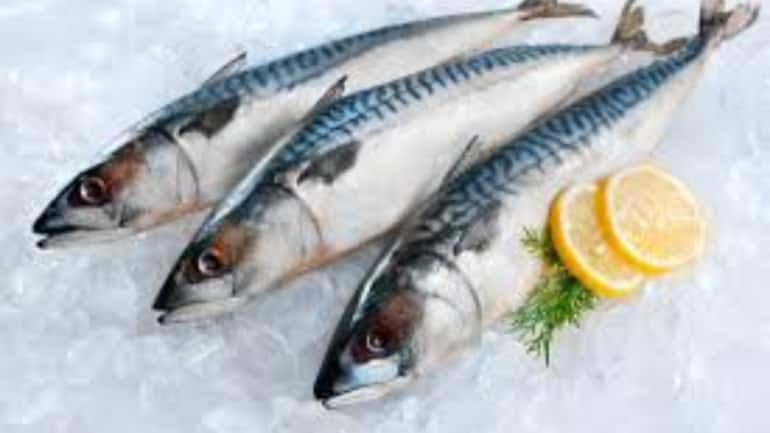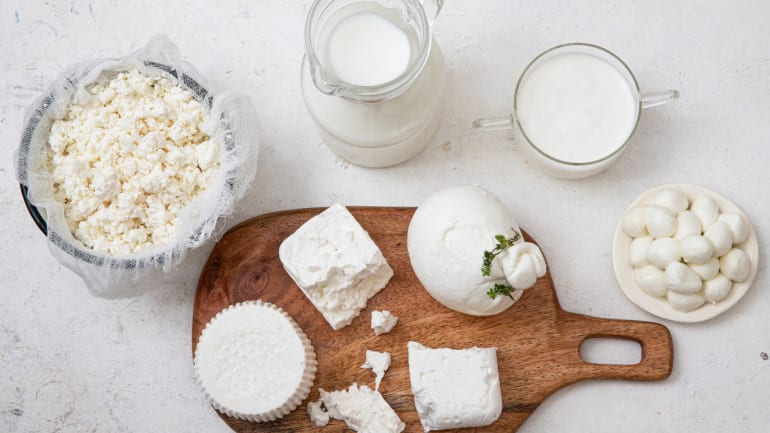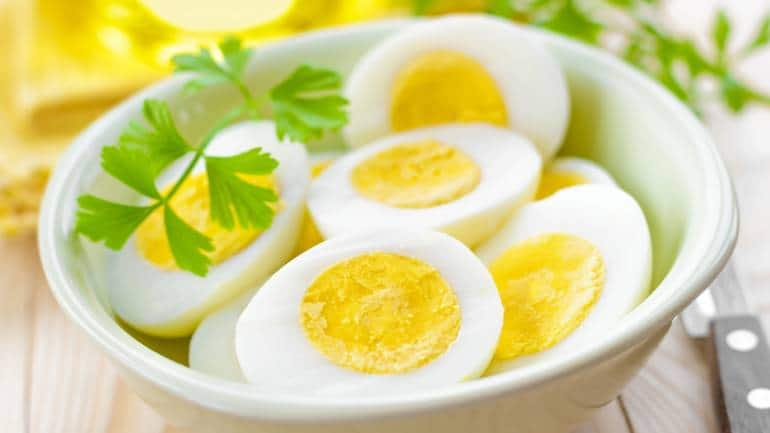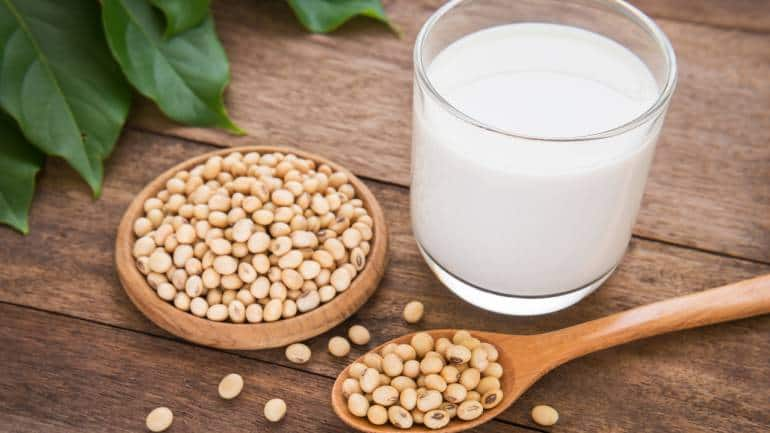Vitamin B12 deficiency: Include these 6 foods in your daily diet to beat fatigue, anaemia
Vitamin B12 deficiency: Ensuring adequate vitamin B12 intake is vital for maintaining energy levels, neurological function, and overall health.
1/7

Vitamin B12, also known as cobalamin, is a crucial nutrient that plays an essential role in maintaining healthy nerve cells, supporting the production of DNA and RNA, and aiding in the formation of red blood cells. A deficiency in vitamin B12 can lead to serious health issues, including anaemia, fatigue, and neurological problems. For those looking to ensure they are getting enough of this vital vitamin, here are six rich sources of vitamin B12 to consider incorporating into your diet:
2/7

Meat: Red meat is one of the most potent sources of vitamin B12. Lamb, in particular, is an excellent choice. Even lean cuts of lamb contains significant amounts of this vitamin. Including these meats in your diet a few times a week can help maintain optimal B12 levels. If you prefer not to consume liver, other cuts of lamb is still beneficial, though it contain lower concentrations of B12 compared to the liver (Image: Canva)
3/7

Fish: Fish is another excellent source of vitamin B12, with salmon and trout being among the best options. A 100-gram serving of cooked salmon offers about 4.5 micrograms of vitamin B12, which is almost double the RDI for adults. Similarly, trout provides around 7.5 micrograms per 100 grams. These fish are not only rich in B12 but also in omega-3 fatty acids, which support heart health. Including fish in your diet twice a week can significantly boost your vitamin B12 intake (Image: Canva)
4/7

Dairy Products: Dairy products are reliable sources of vitamin B12, especially for vegetarians. Milk, cheese, and yoghurt all contain appreciable amounts of this nutrient. A single cup of whole milk provides about 1 microgram of vitamin B12, which is approximately 40% of the RDI. Cheese, particularly Swiss cheese, is also high in B12, offering around 3.3 micrograms per 100 grams. Incorporating a variety of dairy products into your daily diet can help ensure you meet your vitamin B12 requirements (Image: Canva)
5/7

Eggs: Eggs are another valuable source of vitamin B12, particularly for those who follow a vegetarian diet. The vitamin is concentrated in the yolk, with two large eggs providing around 1.1 micrograms of B12, accounting for almost 50% of the RDI. Eggs are versatile and can be included in various dishes, from breakfast omelettes to baked goods. Regular consumption of eggs can help maintain healthy B12 levels, contributing to overall well-being (Image: Canva)
6/7

Fortified foods: For vegans and those with dietary restrictions, fortified foods can be an essential source of vitamin B12. Many plant-based milk alternatives, breakfast cereals, and nutritional yeasts are fortified with B12. For example, a cup of fortified soy milk can provide up to 3 micrograms of vitamin B12. Similarly, fortified breakfast cereals can offer a substantial amount, making it easier to meet daily requirements. It is important to check the labels to ensure the products are fortified with vitamin B12 and to include them regularly in your diet (Image: Canva)
7/7

Shellfish: Shellfish, particularly clams and mussels, are among the most concentrated sources of vitamin B12. A 100-gram serving of clams can deliver an astonishing 98.9 micrograms of vitamin B12, which is over 4,000% of the RDI. Mussels also provide a significant amount, with around 20 micrograms per 100 grams. These shellfish not only offer a high dose of B12 but also supply other essential nutrients like iron and protein. Including shellfish in your diet occasionally can greatly boost your vitamin B12 intake (Image: Canva)
Discover the latest Business News, Budget 2025 News, Sensex, and Nifty updates. Obtain Personal Finance insights, tax queries, and expert opinions on Moneycontrol or download the Moneycontrol App to stay updated!





